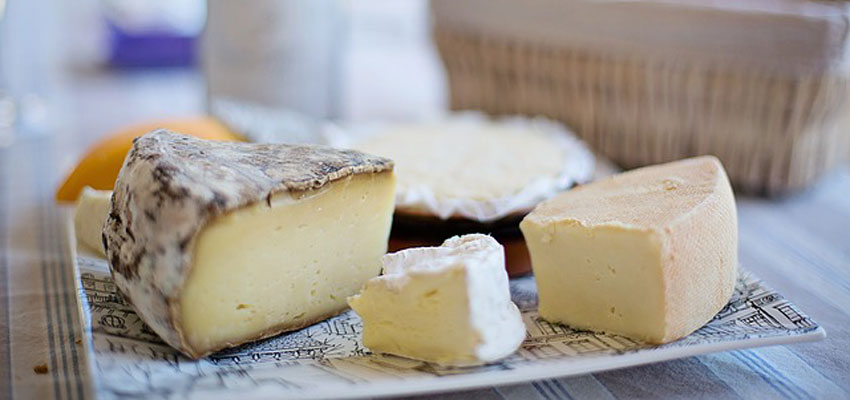Riboflavin or vitamin B2, is a water-soluble vitamin that is involved in energy metabolism and the functioning of several enzymes. It promotes the formation of antibodies and red blood cells, and is involved in the maintenance of mucous membranes and epithelial tissue. Vitamin B2 is responsible for maintaining the health and strength of the nails, hair and also the skin.
The European Food Safety Authority (EFSA) has updated the reference values for riboflavin (vitamin B2) as part of the review of its scientific recommendations on nutrient consumption.
Based on the most recent scientific findings, the Panel on Dietary Products, Nutrition and Allergies has decided to update the reference values for riboflavin established by the Scientific Committee in 1993. The recommended intakes per day for the various population groups are as follows:
- 0,4 mg for infants aged 7-11 months;
- 0.6 mg for children aged 1-3 years;
- 0.7 mg for children aged 4-6 years;
- 1.0 mg for children aged 7-10 years;
- 1.4 mg for children aged 11-14 years;
- 1.6 mg for adolescents aged 15-17 years, as well as for adults;
- 1.9 mg for pregnant women;
- 2 mg for women during breastfeeding.
Vitamin B2 is naturally present in many foods, such as milk and dairy products, asparagus, spinach, whole grains, eggs and viscera.
by AGROLAB Spain

 LinkedIn
LinkedIn ALOOSTA
ALOOSTA Contact
Contact
 Contact
Contact Career
Career